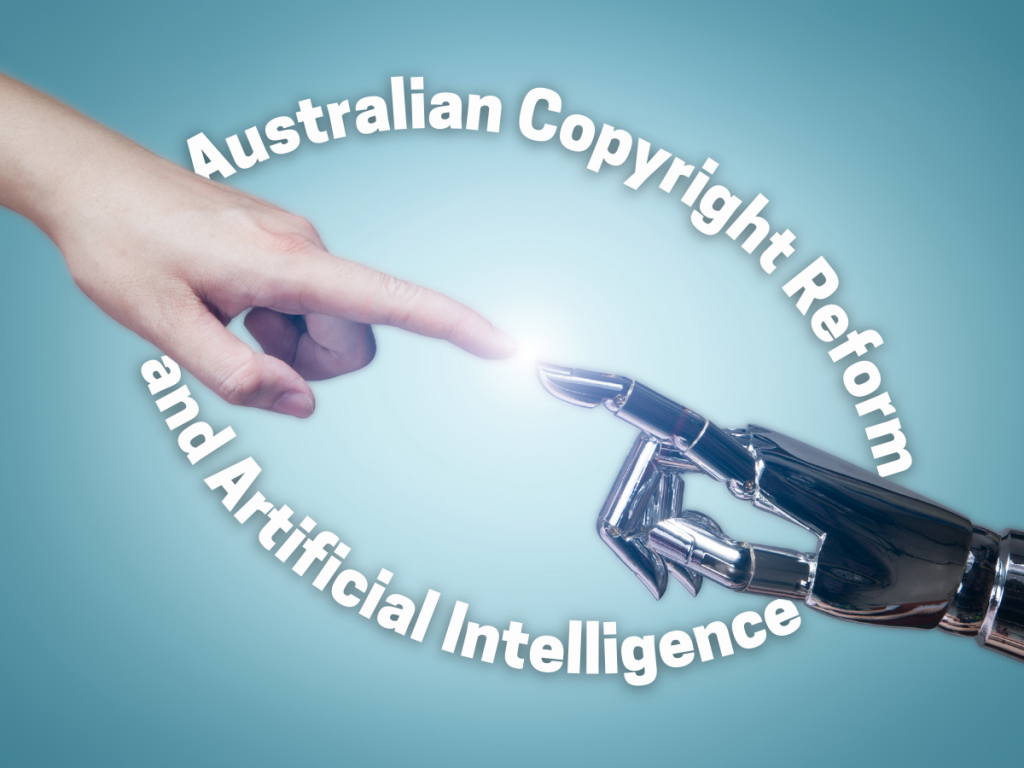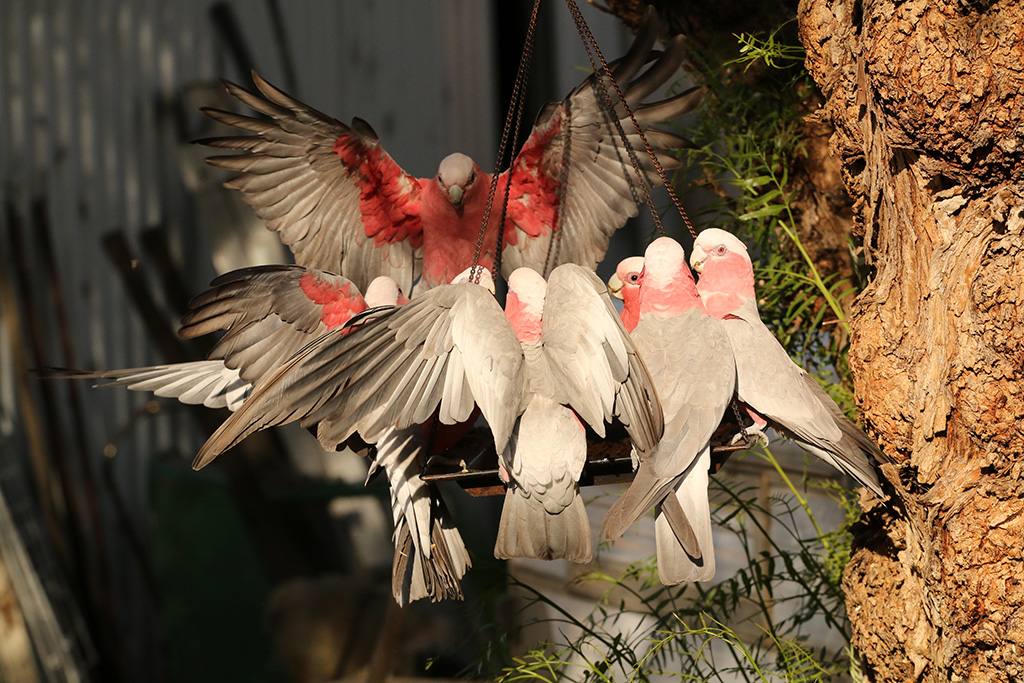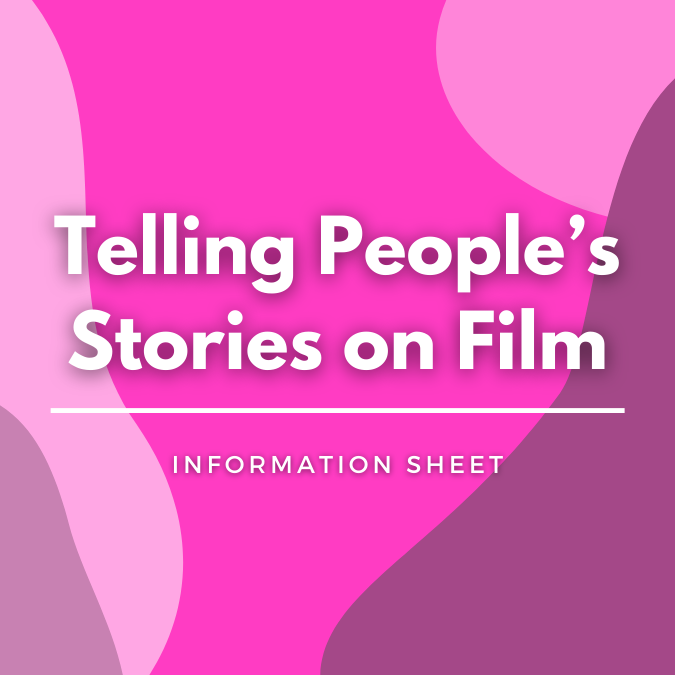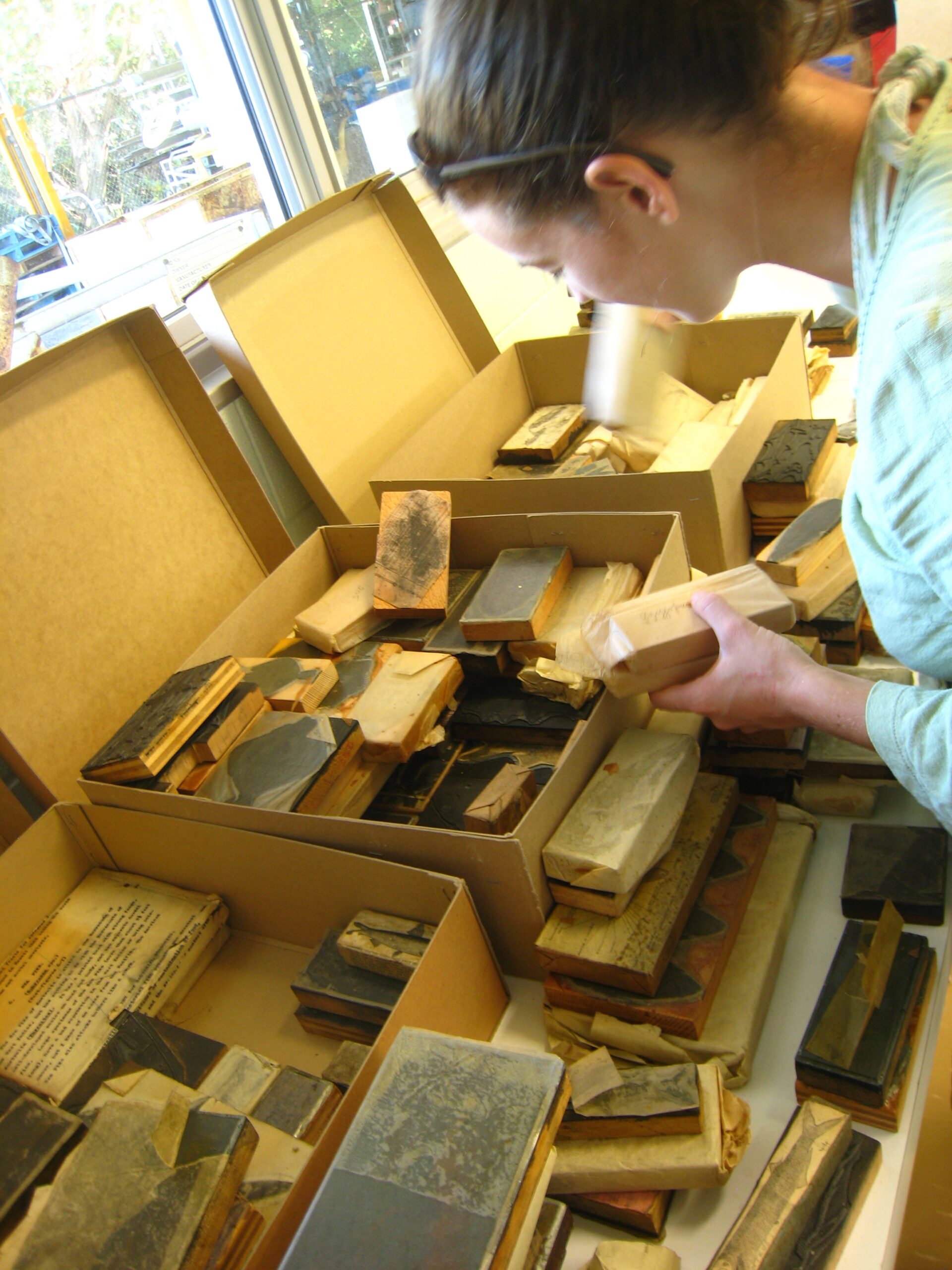Copyright reform and Artificial Intelligence (AI)

Artificial Intelligence (AI) and the impact on copyright is currently a hot topic for both lawyers and creators. On 28 and 29 August Arts Law’s Katherine Giles attended the third Roundtable on Copyright. The Roundtable was hosted by the Attorney-General’s Department (AGD), and 47 organisations attended from sectors with an interest in technology, copyright, business, publishing, broadcasting, film and tv, education, music, cultural collections and libraries and the arts. The topics of discussion at the third Roundtable included the implications of AI for copyright law, and the definition of broadcast for the purpose of the Copyright Act 1968 (Cth) (Copyright Act).
During the third Roundtable, the AGD took what they described as an ‘exploratory approach’ to the discussion of the implications of AI for copyright law, and the first day of the Roundtable started with, presentations from the Technology and Digital Division of the Department of Industry, Science and Resources and IP Australia, and a panel discussion featuring guest speakers from UNSW, Macquarie University and A New Approach. Following this, attendees were organised into four breakout discussion groups comprising copyright owners/creators, copyright users/consumers, the broadcasting and media sector, and the technology sector. At the end of the day a whole-of-group discussion was moderated by the AGD staff where attendees discussed the implications of copyright law for the ongoing development and adoption of AI technology across the creator sectors and broader society.
AI is everywhere, from Spotify AI playlists and the creation of album cover art, and AI platforms such as Stable Diffussion, DALL-E, ChatGPT, Fotor, Midjourney, WriteSonic, Grain, Searchie, Wombo, and Boomy. While there was a diverse range of views during, attendees at the third Roundtable all recognise that AI is here, and that many sectors are embracing it. During July 2023, Arts Law and the National Association for the Visual Arts (with the support of the Australian Society of Authors), conducted a survey to understand how creators are using generative AI and the potential impacts on Australian creators. The results from this survey informed recent submissions made by Arts Law on behalf of artists and arts organisations. A summary of these results is set out in the Art+Law article ‘Answering the AI Question: Arts Law Survey Review’ at https://www.artslaw.com.au/answering-the-ai-question-arts-law-survey-review/
The creative sector/copyright owners (including Arts Law) at the third Roundtable noted that there is no need to change current copyright law in response to AI, and called for greater transparency around how copyright material is and has been used by AI developers during the input training process and the output process. Alongside other organisations representing creators, Arts Law noted our concern that pursuing copyright infringers and the enforcement of copyright is costly and that the unauthorised and unpaid use of copyright material to train AI platforms that can produce material that competes in the same markets as creators is problematic, cuts creators out of the opportunity to license their copyright materials and leads to a loss of revenue, and in some cases paid work, for creators. Unsurprisingly, the technology sector representatives at the Roundtable stated that they see uncertainty in how Australia’s current copyright law applies to uses of copyright material in the training and operation of AI models and the protection of content generated with the assistance of AI, and would like to see amendments included in the Copyright Act that allow for AI to use copyright material in a way that increases Australia’s competitiveness as a destination for the development of AI.
Claire Pullen, Australia Writers’ Guild CEO who attended the third Roundtable, characterises the use of copyright material to train AI tools as a form of theft and provides the following example:
One of the things you can do is you can open ChatGPT and type into it, ‘Strictly Ballroom TV series set in 2023’, and it’ll give you something that isn’t in any way a final script, but could be, say, a possible first draft. None of the creators of Strictly Ballroom intended for that script to be available, or for ChatGPT or any of the other AIs to scrape. We have to deal with the reality now that properties are being used without original consent or knowledge.
Claire Pullen, Australia Writers’ Guild CEO
In a 2023 submission to the House of Representatives Standing Committee on Employment, Education and Training in response to the ‘Inquiry into the use of generative artificial intelligence in the Australian education system’ the music collecting society the Australasian Performing Right Association and Australasian Mechanical Copyright Owners Society (APRA AMCOS) expressed similar sentiments. In this submission APRA AMCOS note concern with the large scale copying of original music content required develop Generative AI, through a process of scraping, mining, listening to, or training on copyright material. And that to the extent that this conduct involves the reproduction or communication of copyright material without permission, it potentially comprises copyright infringement and AI developers using this copyright material, should be required to license the material or pay equitable remuneration. During the third Roundtable, APRA AMCOS also noted that this ongoing failure to proactively seek permission for the use of content by AI developers, takes away the opportunity for creators to license copyright material for this purpose.
A summary of the discussions and outcomes of the third Roundtable is available online here. Arts Law will continue to advocate for creators in this space.
The next Roundtable will be held in Canberra on 4 December 2023. This Roundtable will be chaired by the Attorney-General, the Hon Mark Dreyfus KC MP and will provide participants and the Attorney-General with an opportunity to review the outcomes of previous roundtable discussions on the issues discussed at previous roundtable discussions. This will include a review of the following five issues discussed at the roundtables held during 2023:
- an orphan works scheme
- quotation from copyright material exception
- use of copyright material in remote learning environments
- the implications of artificial intelligence for copyright law
- the definition of ‘broadcast’ for the purpose of the Copyright Act
For further information on AI and copyright law see the Arts Law information sheet ‘Artificial Intelligence (AI) and Copyright’.




